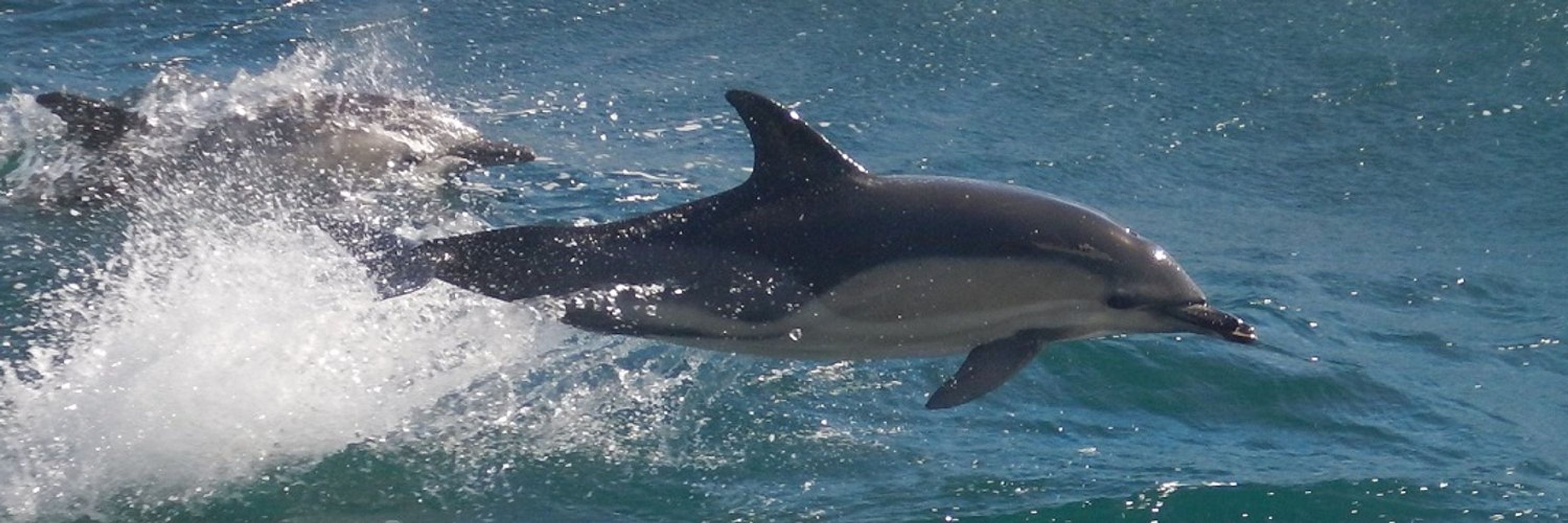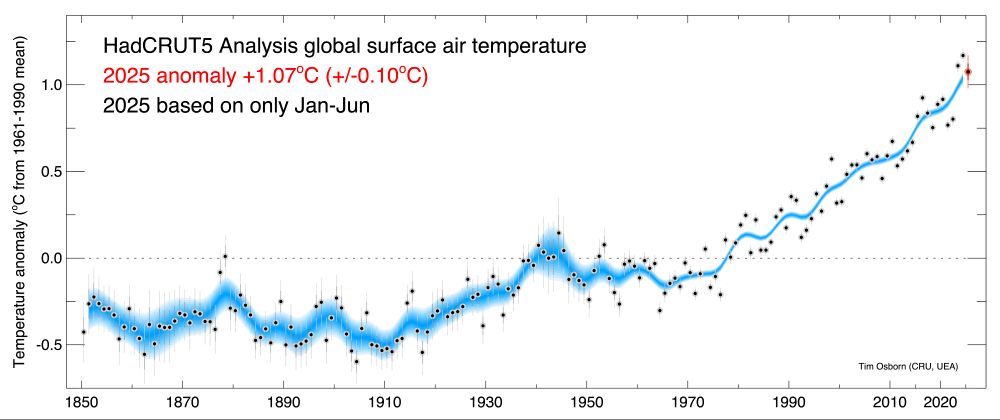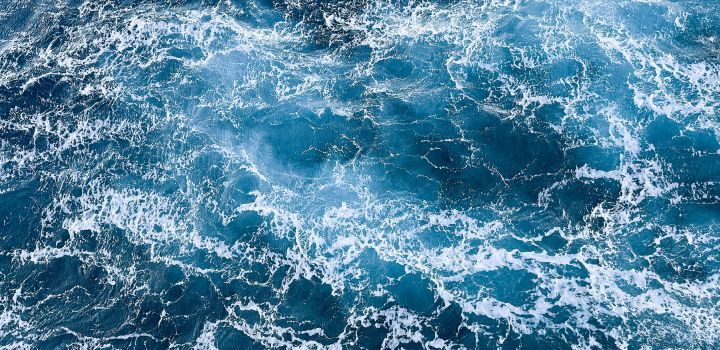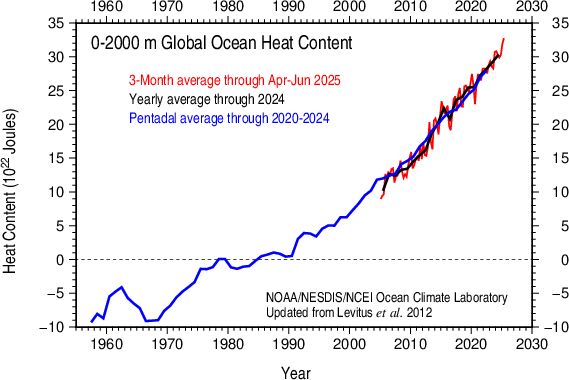
Director of the Collaborative Centre for Sustainable Use of the Seas (CCSUS) at Cefas and UEA and of the International Marine Climate Change Centre (iMC3).
Reposted by John K. Pinnegar

Dr. Keith Hiscock, MBA, explains what led to this “octopus bloom”, how it connects to long-term changes in our seas, and what it could mean for the future of UK marine life.
www.youtube.com/watch?v=nR2l...
Reposted by John K. Pinnegar

Brilliant photos from @akwildlifefalmouth showing the extent of the octopus surge in the southwest. This Risso's dolphin seemed to be having fun 🐙
Reposted by Lisa W. Fazio, Rebecca Solnit, Graeme S. Cumming , and 25 more Lisa W. Fazio, Rebecca Solnit, Graeme S. Cumming, John K. Pinnegar, Ken Caldeira, Grant D. Stentiford, John R. Hutchinson, Mark D. White, Alex Callinicos, Dawn J. Wright, Parliamentary Library, Cathy N. Davidson, Margaret Johnston, Jussi T. Eronen, Trevor A. Branch, Andrew L. Whitehead, Jonathan Birch, Jennifer A. Johnson, Allan D. McDevitt, Anthony Burke, Halley E. Froehlich, Andrew M. Riggsby, Kathleen Kennedy, David H. Price, Charles T. Mathewes, Richard Moorhead, Vincent Raoult, Mário Ferreira
10 YEAR OLD ME IS LOSING HER MIND (a thread 🧵)
Reposted by John Kennedy, Peter Thorne, John K. Pinnegar , and 3 more John Kennedy, Peter Thorne, John K. Pinnegar, Du Toit, Ed Hawkins, Flavio Lehner

Reposted by John K. Pinnegar

Reposted by John K. Pinnegar

We’re curious: how did you get to #ICESASC25?
We’re looking for the most sustainable (& maybe surprising!) journey to Klaipeda. Share your travel story & let’s celebrate the many ways our community is reducing its footprint while coming together for science.🌱💙
Reposted by John K. Pinnegar

@johnkpinnegar.bsky.social @laurauusitalo.bsky.social
Reposted by John K. Pinnegar

www.nature.com/articles/s41...
Reposted by John K. Pinnegar

This collaboration underpins the new BGS Predictive Seabed Sediments (UK) dataset (www.bgs.ac.uk/datasets/bgs...), openly available for science & marine management.
#OneBenthic #OpenData
Reposted by John K. Pinnegar

Read more 👉: bit.ly/41E7BtQ
#CarbonDioxide #OceanSink #ClimateChange
@ueaenv.bsky.social @ethz.ch

Data (anomalies) & methods from www.ncei.noaa.gov/access/globa...
Reposted by Marta Coll, John K. Pinnegar

📊 With indicators like MTC and MTR, we can anticipate risks and opportunities.
💡 Time to act: science, management, and adaptation.
#FutureOfFisheries #BlueTransformation
Reposted by Marta Coll, John K. Pinnegar

📊 In the NW Mediterranean, we analyzed 23 years of data to understand how climate change is reshaping fisheries.
#ClimateChange #Fisheries #Mediterranean
@icmcsic.bsky.social
#LuciaEspasandin
Reposted by John K. Pinnegar, Grant D. Stentiford

@jowilliams.bsky.social
Reposted by John K. Pinnegar, Jan Geert Hiddink, Nathalie A. Steins


Cetic & Irish Seas, Western Channel 2-20 Oct From Falmouth
Meals & cabin provided
Requirements: ENG1 medical certificate & Personal Sea Survival Certificate email [email protected] if suitable @theseabirdgroup.bsky.social
Reposted by John K. Pinnegar


